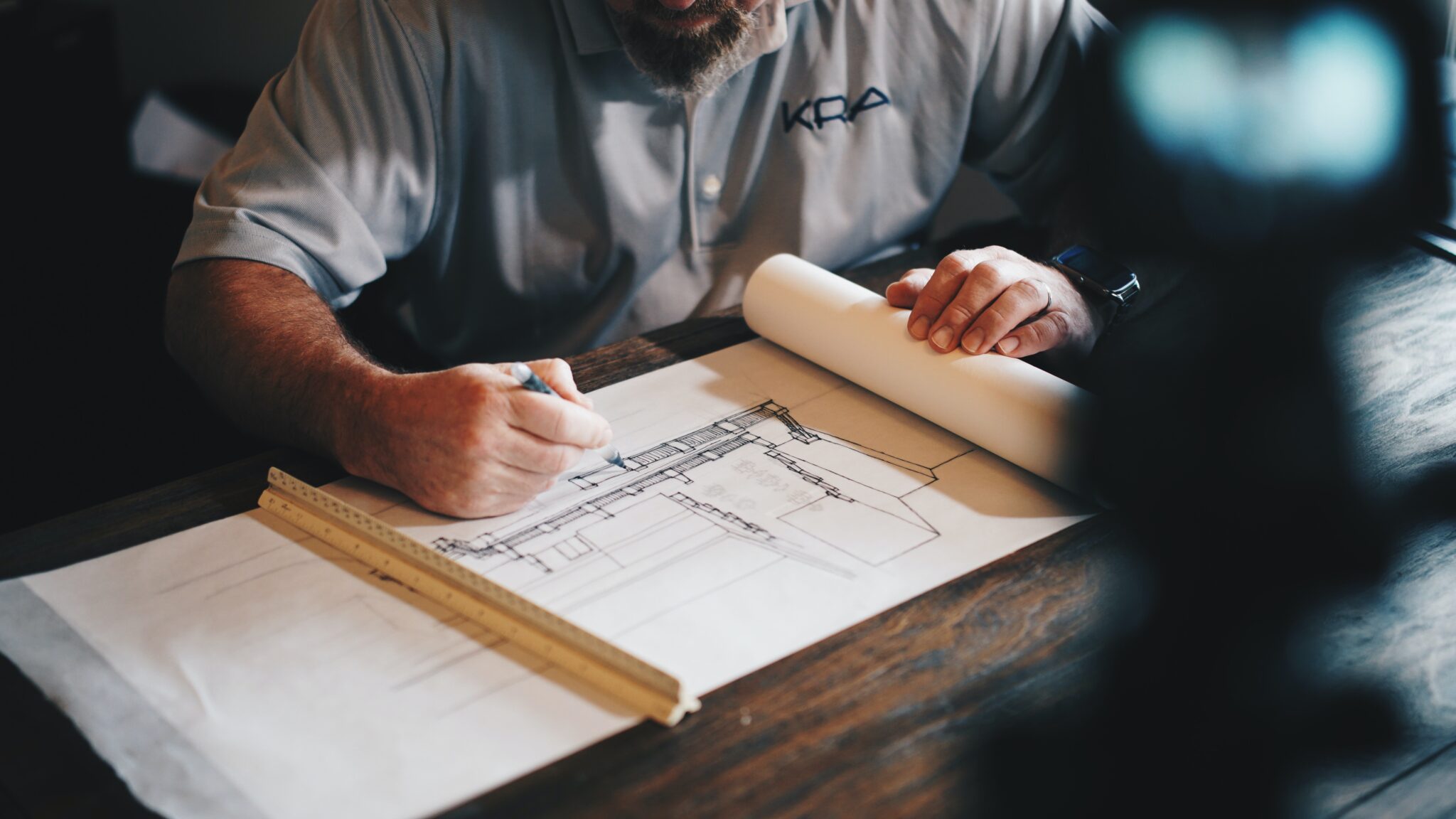An Interior Designer is a professional who specializes in creating functional and aesthetically pleasing indoor spaces. They work closely with clients to understand their needs, preferences, and style, and then design spaces that meet those requirements while also considering factors like safety, building codes, and accessibility. Hiring an Interior Designer can be a smart investment that pays off in the long run, providing you with a functional, aesthetically pleasing space that meets your specific needs and adds value to your property.
Join hands with us in discovering the amazing talent for interior designing with us. Let’s highlight the top skills and competencies in the interview process like never before.
General Roles and Responsibilities of an Interior Designer
The roles and responsibilities of an interior designer can vary depending on the specific project and client needs. Here are a few examples:
- Understanding client needs: To understand the client’s needs, preferences, budget, and lifestyle. They will work with clients to understand their design style, color preferences, and functionality requirements.
- Space planning and layout: To create a space plan and layout that optimizes the use of the available space. They will determine the placement of furniture, fixtures, and equipment to create a functional and aesthetically pleasing space.
- Design development: To develop a design concept based on the client’s requirements and preferences. They will select appropriate color schemes, materials, finishes, and lighting to create a cohesive and visually appealing design.
- Documentation: To create detailed drawings, plans, and specifications for the project. These documents will be used to guide the construction process and ensure that the design is executed as intended.
- Product selection and procurement: To select and procure furniture, fixtures, and equipment that are suitable for the design concept and the client’s budget. They will coordinate with vendors and suppliers to ensure that the products are delivered on time and meet the client’s requirements.
- Project management: To manage the project from start to finish, coordinating with contractors, architects, and other professionals involved in the project. They will ensure that the project is completed on time, within budget, and to the client’s satisfaction.
Skills and Experiences an Interior Designer should have:
Some of the essential skills and experiences an Interior Designer should have include:
- Creativity and Design Skills: An interior designer should have strong design skills and creativity to conceptualize and execute unique and aesthetically pleasing designs. They should be able to visualize and articulate their ideas through sketches, computer-aided design (CAD) software, and other design tools.
- Technical Skills: They should be familiar with industry-specific software, such as CAD, 3D modeling software, and Adobe Creative Suite. They should also know materials, finishes, and construction techniques to ensure the feasibility of their design concepts.
- Communication Skills: They should be an effective communicator, able to clearly articulate their ideas and concepts to clients, contractors, and other stakeholders. They should be able to listen actively to client needs and feedback and respond professionally and respectfully.
- Project Management Skills: Also, they should possess strong project management skills to oversee the various aspects of a project, including budgeting, scheduling, and coordination of contractors and vendors.
- Knowledge of Building Codes and Regulations: Lastly, an interior designer should know building codes and regulations, including ADA accessibility standards, fire codes, and safety requirements.
Interior Designer Operational and Situational Questions
Some examples of operational and situational questions for an interior designer might include:
- How do you typically approach a new design project?
- What software programs are you proficient in using for design work?
- Can you walk me through your process for selecting color palettes?
- How do you ensure that your designs meet building codes and regulations?
- How would you handle a client who is unhappy with the design direction you’ve presented?
- Can you give an example of a time when you had to work within a tight budget for a project?
- How do you prioritize competing demands and deadlines for multiple projects?
Interior Designer Role-specific Questions
These questions help to determine the candidate’s qualifications and suitability for the role:
- What is your experience working with residential or commercial clients?
- How do you stay up-to-date with the latest trends in interior design?
- Can you describe a project where you had to work within a tight budget?
- How do you approach space planning and organization in your designs?
- What is your experience with project management and working with contractors and vendors?
- Can you walk us through your design process, from concept to completion?
- What software or tools do you use to create your designs and manage your projects?
Interior Designer Behavioral Questions
Some examples of interior designer behavioral questions include:
- Can you describe a time when you had to work with a difficult client, and how did you handle the situation?
- How do you ensure that you stay up to date with the latest design trends and techniques?
- Can you describe a project you worked on where you had to overcome a significant challenge or obstacle, and how did you do it?
- How do you balance the needs and wants of a client with your creative vision for a project?
- Can you tell me about a time when you had to manage a project with a tight deadline, and what steps did you take to ensure its successful completion?
- How do you approach collaborating with other professionals, such as architects, contractors, or other designers, on a project?
- Can you provide an example of a project where you had to work within a specific budget, and how did you manage to achieve the desired outcome while staying within those constraints?
Conclusion
Hiring an interior designer is a crucial decision for any project, and it is essential to assess the candidate’s skills and competencies to ensure that they are the right fit for the role. Operational and situational questions can help determine the candidate’s ability to handle various situations and challenges, while role-specific questions can evaluate their technical knowledge and expertise. Moreover, behavioral questions provide valuable insight into a candidate’s past experiences and how they handle interpersonal and problem-solving situations.
By considering these factors and asking the right questions, employers can make informed decisions and hire the best interior designer for their project. Ultimately, a skilled and competent interior designer can make all the difference in bringing a space to life and creating a functional, beautiful environment that meets the client’s needs and expectations.




